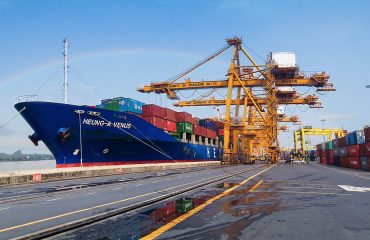Impact of High Tariffs
Duty Drawback Software | Import Export Consulting | Processing Filing | Full Service
Impact of High Tariffs
High import tariffs can have significant effects on import/export businesses in the United States by altering costs, supply chains, and market competitiveness. These tariffs, essentially taxes on goods brought into the country, are often imposed to protect domestic industries from foreign competition. While they may benefit some local manufacturers in the short term, they can create considerable challenges for businesses that rely heavily on imported goods.
For importers, high tariffs increase the cost of bringing foreign products into the U.S. This often forces businesses to either absorb the extra expense—cutting into their profit margins—or pass it along to consumers in the form of higher prices. Either option can weaken their competitive edge, especially in markets where consumers are price-sensitive. Small and medium-sized enterprises are especially vulnerable, as they typically lack the financial flexibility to cope with sudden increases in operational costs.
Exporters can also be indirectly affected. When the U.S. imposes high tariffs, other countries often retaliate with their own tariffs on American goods. This can lead to a decline in demand for U.S. exports, making it harder for American businesses to compete in global markets. Reduced access to international customers can shrink revenues and force companies to scale back production or lay off workers.
Furthermore, high import tariffs can disrupt supply chains. Many U.S. businesses operate in a globalized economy where products are assembled from parts sourced around the world. Tariffs on components from other countries can make it more expensive to manufacture finished goods domestically. As costs rise, companies may look for alternative suppliers or shift operations to other countries with more favorable trade environments, which can lead to longer lead times and logistical complications.
In the long term, persistent high tariffs can reduce innovation and efficiency. When businesses are shielded from international competition, they may feel less pressure to innovate or improve productivity. Conversely, companies engaged in trade are often exposed to global best practices and technologies, which drive growth and development.
Ultimately, while the intention of high import tariffs may be to strengthen domestic industries, the ripple effects can create significant challenges for import/export businesses in the U.S., potentially limiting their growth and global competitiveness.





